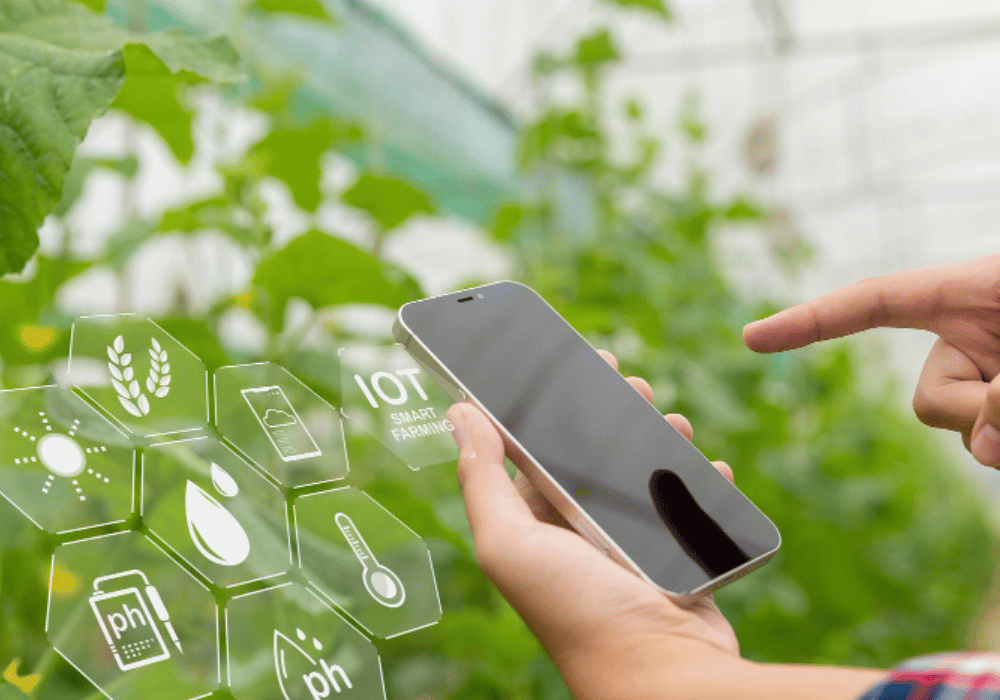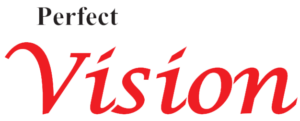IoT in Agriculture
IoT in agriculture utilizes smart sensors and data analytics to optimize farming practices, enabling farmers to remotely monitor essential parameters like soil moisture and nutrient levels. This facilitates precise irrigation scheduling and proactive crop health management. With real-time insights provided by IoT technology, farmers can make informed decisions to enhance yields, minimize resource wastage, and foster sustainable farming practices.
Why Do We Need IoT in Agriculture Industry? The implementation of smart agriculture systems, facilitated by IoT technology, is crucial for the agriculture industry. By integrating smart sensors and data analytics, these systems enable farmers to monitor crop conditions, optimize resource usage, and make informed decisions in real-time. This leads to improved productivity, resource efficiency, and sustainability in agricultural practices.

Here are some IoT applications in the agricultural field:
Monitoring Climate Conditions
IoT technology allows farmers to track temperature, humidity, and other crucial climate parameters in real-time. This data helps optimize planting schedules, manage crop health, and mitigate risks associated with extreme weather events.
Greenhouses Smart Automation
Smart sensors and actuators integrated into greenhouse systems enable automated control of temperature, ventilation, and lighting. This ensures optimal growing conditions for plants, leading to increased yields and resource efficiency.
Field and Plant Disease Observation and Detection
IoT devices equipped with cameras, sensors, and machine learning algorithms enable early detection of plant diseases and pest infestations. This proactive approach allows farmers to implement targeted interventions, minimizing crop losses and reducing the need for chemical treatments.
Farm and Water Management System
IoT-based water management systems enable farmers to monitor water usage, detect leaks, and optimize irrigation schedules. By efficiently managing water resources, farmers can conserve water, reduce costs, and ensure sustainable agricultural practices.
Soil Quality Control
IoT sensors measure soil moisture, pH levels, and nutrient content, providing valuable insights into soil health. This information helps farmers adjust fertilization practices, optimize crop yields, and maintain soil fertility over time.
Drones Implementation
Drones equipped with cameras and sensors offer farmers a bird's-eye view of their fields, allowing for crop monitoring, mapping, and analysis. This data enables precision agriculture practices, such as targeted spraying, scouting for crop damage, and assessing field conditions with greater efficiency.
Smart Irrigation
IoT-enabled irrigation systems use sensors to monitor soil moisture levels and weather forecasts, ensuring precise and efficient water delivery to crops. By avoiding over- or under-watering, farmers can optimize crop growth, conserve water resources, and minimize environmental impact.
The Perfect Vision IoT research in agriculture strives to enhance productivity and streamline farming operations through innovative IoT solutions. By developing creative technologies, the aim is to boost efficiency and effectiveness in the farming and agricultural sector.
Contact our experts now !
Let’s discuss how our solutions can make your workplace safer and more secure. Your safety is our priority.
